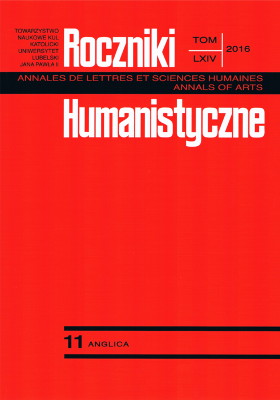Learning a foreign language through play
Learning a foreign language through play
Author(s): Ewa GuzSubject(s): Language and Literature Studies, Foreign languages learning, Applied Linguistics, Language acquisition
Published by: Towarzystwo Naukowe KUL & Katolicki Uniwersytet Lubelski Jana Pawła II
Keywords: young learners; foreign language learning; play; games; early start; incidental learning
Summary/Abstract: Playing comes to children as naturally as breathing and is one of the most predominant forms of activity in a child’s life from infancy to adolescence. In fact, the right to engage in developmentally-appropriate play and leisure activities is now recognised internationally as one of the basic human rights of children (UNCRC, Article 31, 1989). Children’s playful disposition constitutes a powerful developmental drive whose educational potential cannot be ignored. In order to initiate and maintain meaningful interaction and create developmentally-appropriate learning opportunities, foreign language (FL) teachers of young learners’ need to acknowledge play as a central element of early foreign language pedagogy. This paper takes up the issue of learning through play and argues that play-based activities should constitute the core of good classroom practice in young learners’ FL instruction. It begins with a definition of play and a discussion of the centrality of play in early and later child development. It then considers the rationale for incorporating elements of play in the FL classroom and presents a range of its benefits and possible applications. Finally, a typology and examples of play-based tasks for very young and young learners are provided followed by some practical guidelines for implementing play in the classroom. The paper concludes with a list of resources for teachers who are willing to integrate play in their curricula.
Journal: Roczniki Humanistyczne
- Issue Year: 64/2016
- Issue No: 11
- Page Range: 41-52
- Page Count: 12
- Language: English

